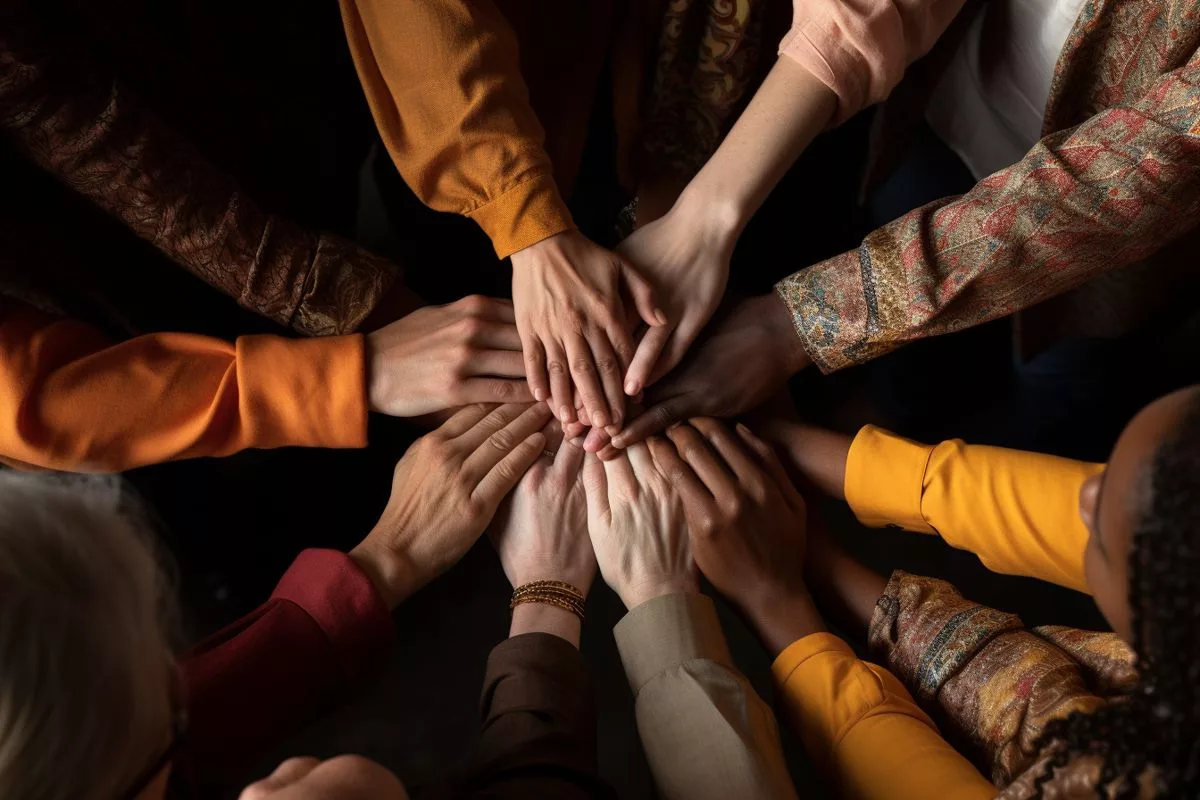MEC Siboniso Duma has launched the Skills Revolution Campaign in KwaZulu-Natal to enhance the skills and talents of its residents and revive the economy after the COVID-19 pandemic and floods. The campaign aims to promote self-sufficiency, job creation, and economic rejuvenation by investing in human capital and has secured R200 million from merSETA to settle students’ arrears in higher education institutions and facilitate knowledge acquisition. The campaign will positively impact thousands of people and includes the inauguration of a Digital Centre at the Mangosuthu University of Technology, supported by various stakeholders and government departments. The campaign is a landmark initiative that aims to transform KwaZulu-Natal into a hub of knowledge, wealth creation, and job opportunities, signaling hope and prosperity for its residents.
What is the Skills Revolution Campaign in KwaZulu-Natal?
The Skills Revolution Campaign is a strategy launched by MEC Siboniso Duma to enhance the talents and skills of KwaZulu-Natal’s residents and resurrect the economy in the aftermath of the COVID-19 pandemic and floods. The campaign, masterminded by the Moses Kotane Institute, is designed to promote self-sufficiency, job creation, and economic rejuvenation by investing in human capital. It has secured a total of R200 million from merSETA to settle students’ arrears in higher education institutions and facilitate the acquisition of knowledge that will empower the people of KwaZulu-Natal.
In light of the economic devastation caused by the COVID-19 pandemic and disastrous floods, a ray of hope shines brightly in KwaZulu-Natal. MEC Siboniso Duma has revealed plans for a “Skills Revolution Campaign,” a strategy designed to resurrect the economy by enhancing the talents and skills of its residents.
This campaign, masterminded by the Moses Kotane Institute (MKI), demonstrates the unwavering resolve of those steering the economic ship to rebuild and foster an environment that empowers citizens to become wealth and job creators. MKI has impressively secured a total of R200 million from merSETA. From this pot, R74 million will be utilized to settle students’ arrears in higher education institutions, while the remaining R126 million will be channeled towards facilitating the acquisition of knowledge that will empower the people of KwaZulu-Natal.
Beyond merely reacting to recent disasters, this initiative represents a strategic stride towards elevating KwaZulu-Natal into a bastion of knowledge and economic wealth. It embodies the indomitable spirit of the people, even in times of adversity. The Skills Revolution Campaign serves as a catalyst for economic rejuvenation, breaking free from the cycle of economic struggle and promoting self-sufficiency.
A Boon for Thousands and a Hub for Digital Knowledge
The campaign is anticipated to positively impact thousands of people. These beneficiaries will participate in the soft launch, which will see the official inauguration of a Digital Centre at the Mangosuthu University of Technology. This Digital Centre is primed to become a nexus of digital knowledge, promoting innovation, creativity and technological progression.
The campaign owes its existence to the concerted efforts of various stakeholders. MEC Duma extended his heartfelt appreciation to merSETA, under the Department of Higher Education and Training, helmed by Minister Blade Nzimande. Other crucial partners include reputable institutions such as Mangosuthu Institute of Technology, University of KwaZulu-Natal, Durban University of Technology, University of Zululand, eThekwini Academy, eThekwini Maritime Cluster, and Enterprise Ilembe.
An integrated approach involving the departments of Education, Health, and Public Works further emphasizes the significance of collective efforts in realizing mutual goals. The ultimate aim here is to construct an efficient public service through a highly skilled workforce.
Landmark Initiative Propels Growth and Resilience
This Skills Revolution Campaign stands as an emblem of a nation’s resilience and unwavering determination to overcome its challenges. It envisions transforming KwaZulu-Natal from a region plagued by economic turmoil to a stronghold of knowledge, wealth creation and job opportunities through substantial investment in human capital.
Over time, this initiative is projected to bolster a more robust and resilient economy, better equipped to face future crises. It will also create a model for other provinces and countries, motivating them to exploit the benefits of education and skills development in fueling economic recuperation and growth.
The campaign is a potent reminder that in a progressively global and digital world, knowledge is the most powerful weapon to tackle adversity. The Skills Revolution Campaign, therefore, signals the dawn of a new era of hope and prosperity for the inhabitants of KwaZulu-Natal.
The success of this campaign hinges on its capability to trigger tangible changes in the lives of its people and the economy of KwaZulu-Natal. Through this initiative, the government is not just providing momentary relief but laying the groundwork for sustained growth and prosperity.
As the campaign unfurls, it will be intriguing to witness the changes it incites, both immediately and in the years to follow. It is predicted to generate a ripple effect, inciting similar initiatives across other industries and regions.
In summary, the Skills Revolution Campaign is a testament to the power of resilience and the unwavering commitment of KwaZulu-Natal’s leaders to empower its people and reconstruct the economy. It stands as a beacon of hope that even amidst adversity, paths to growth and advancement can be discovered.
1. What is the Skills Revolution Campaign in KwaZulu-Natal?
The Skills Revolution Campaign is a strategy launched by MEC Siboniso Duma to enhance the talents and skills of KwaZulu-Natal’s residents and resurrect the economy in the aftermath of the COVID-19 pandemic and floods.
2. What are the objectives of the campaign?
The campaign aims to promote self-sufficiency, job creation, and economic rejuvenation by investing in human capital and has secured R200 million from merSETA to settle students’ arrears in higher education institutions and facilitate knowledge acquisition.
3. Who will benefit from the campaign?
The campaign is anticipated to positively impact thousands of people.
4. What is the Digital Centre at the Mangosuthu University of Technology?
The Digital Centre is primed to become a nexus of digital knowledge, promoting innovation, creativity and technological progression.
5. Who are the partners in this campaign?
Partners include reputable institutions such as Mangosuthu Institute of Technology, University of KwaZulu-Natal, Durban University of Technology, University of Zululand, eThekwini Academy, eThekwini Maritime Cluster, and Enterprise Ilembe.
6. What is the ultimate goal of the campaign?
The ultimate aim is to construct an efficient public service through a highly skilled workforce and to transform KwaZulu-Natal from a region plagued by economic turmoil to a stronghold of knowledge, wealth creation, and job opportunities through substantial investment in human capital.








